The Baltic Sea is crying for help – does anyone hear?
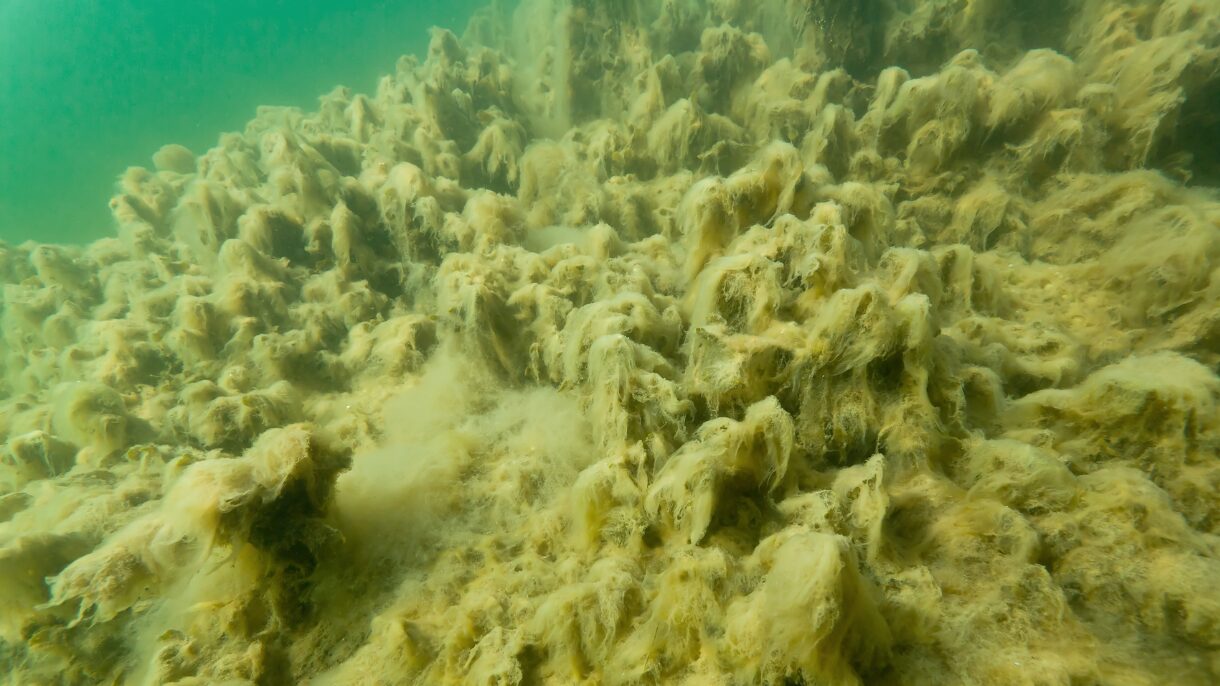
Writer
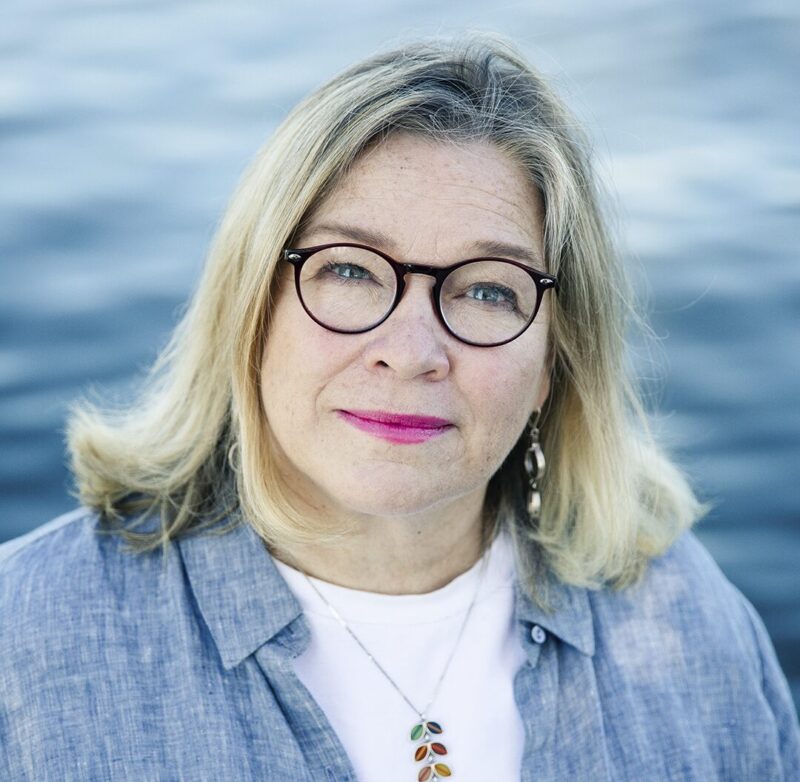
The Baltic Sea is the most researched sea in the world. So why isn’t the knowledge about its condition and ways to save it getting through, asks the Communications Director, Elina Lehtinen, from John Nurminen Foundation.
The Baltic Sea Day is celebrated this year for the sixth time. If one were to consider only the state of the Baltic Sea, there would be no reason to celebrate. The condition of the sea has not improved in recent years, and once again this summer, blue-green algae ruined many people’s swimming plans. Why is nothing done about this? This is a question often asked of us who work with the Baltic Sea. And if something is being done, why are the results not visible?
Finns are not aware of the challenges of the Baltic Sea
We lack a shared understanding of the true state of the Baltic Sea and the political courage to acknowledge the root courses of the poor condition. A nationwide survey (in Finnish) commissioned by the John Nurminen Foundation and conducted by Verian Group (formerly Kantar) reveals that the Finns do not associate nutrient runoff from agriculture and forestry with the eutrophication of the Baltic Sea. Most of us see neither the connection between climate change nor the deterioration of the sea’s condition.
The respondents identified littering and chemicals as the biggest threats to the Baltic Sea. While every piece of plastic waste is one too many for the Baltic Sea, nutrient runoff from land is in a league of its own when it comes to pollutants of the sea.
Along Finland’s coastline, agriculture is the major nutrient pollutant of the Baltic Sea. To save the Baltic Sea, agricultural subsidies should be directed much more strictly based on environmental criteria. This would enable more efficient nutrient recycling and wider adoption of sustainable practices. It is important to remember that crop and livestock farming, as well as drainage of forestry contribute to the eutrophication of the sea like other human activities.
There is plenty of knowledge and research available, but public funding is scarce and not allocated where it would have the most impact. Most of the money goes to maintaining outdated subsidy systems rather than building new ones that prioritize environmental values.
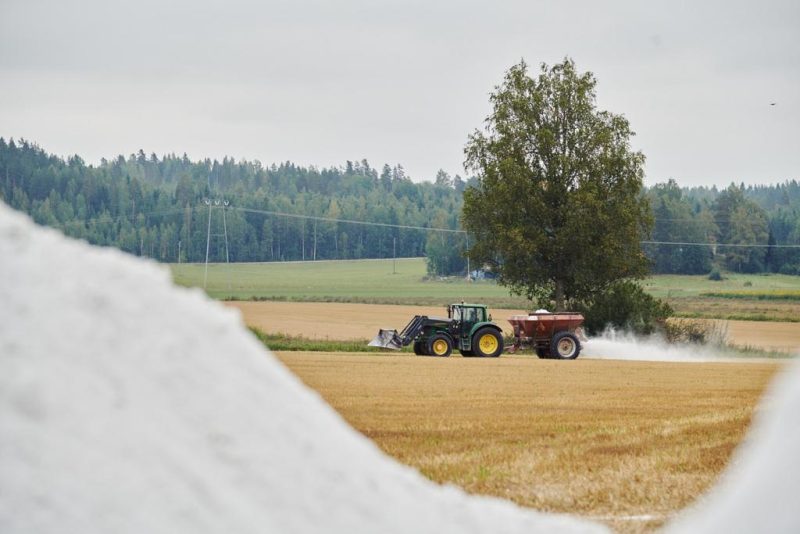
The Baltic Sea gives us a lot, but it is not an infinite resource
The Baltic Sea is not just about environmental or agricultural policy: it is a part of people’s well-being and health. In the survey conducted by Verian, a large portion of Finns said that the Baltic Sea has positive effects on their well-being. Nearly half of Finns feel that the sea brings them personal benefits, such as peace of mind and a connection to nature.
This serves as a reminder that the Baltic Sea is an integral part of our daily lives and our identity – our Baltic Sea identity. The sea offers us recreational benefits, food, and a place to find peace. In our hectic daily lives, having a stress-free space becomes even more significant. That is why we should listen to the Baltic Sea with care. Saving our sea is not only important environmentally, but it is also an investment in ourselves. And when the Baltic Sea thrives, the happiness of us, Baltic Sea people, increases – even more.
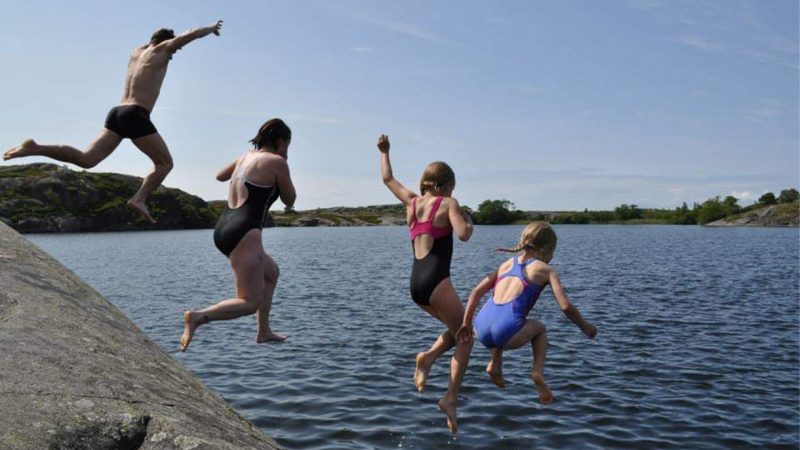
Read more
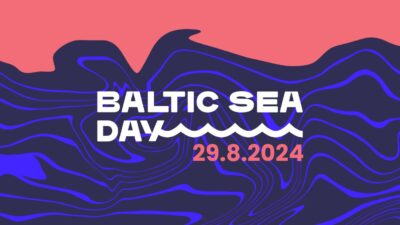
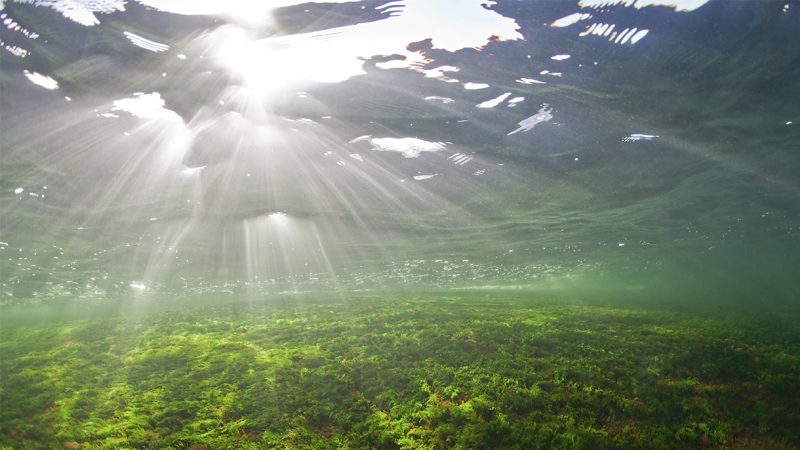
The special characteristics of the Baltic Sea, including low salinity, shallowness and low total volume of water, make the sea vulnerable.
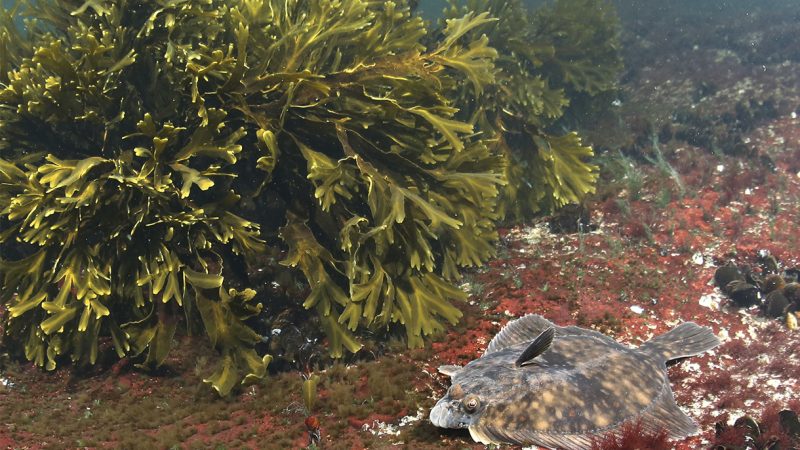
Our goal is a living and ecologically healthy Baltic Sea. Conservation requires international cooperation.